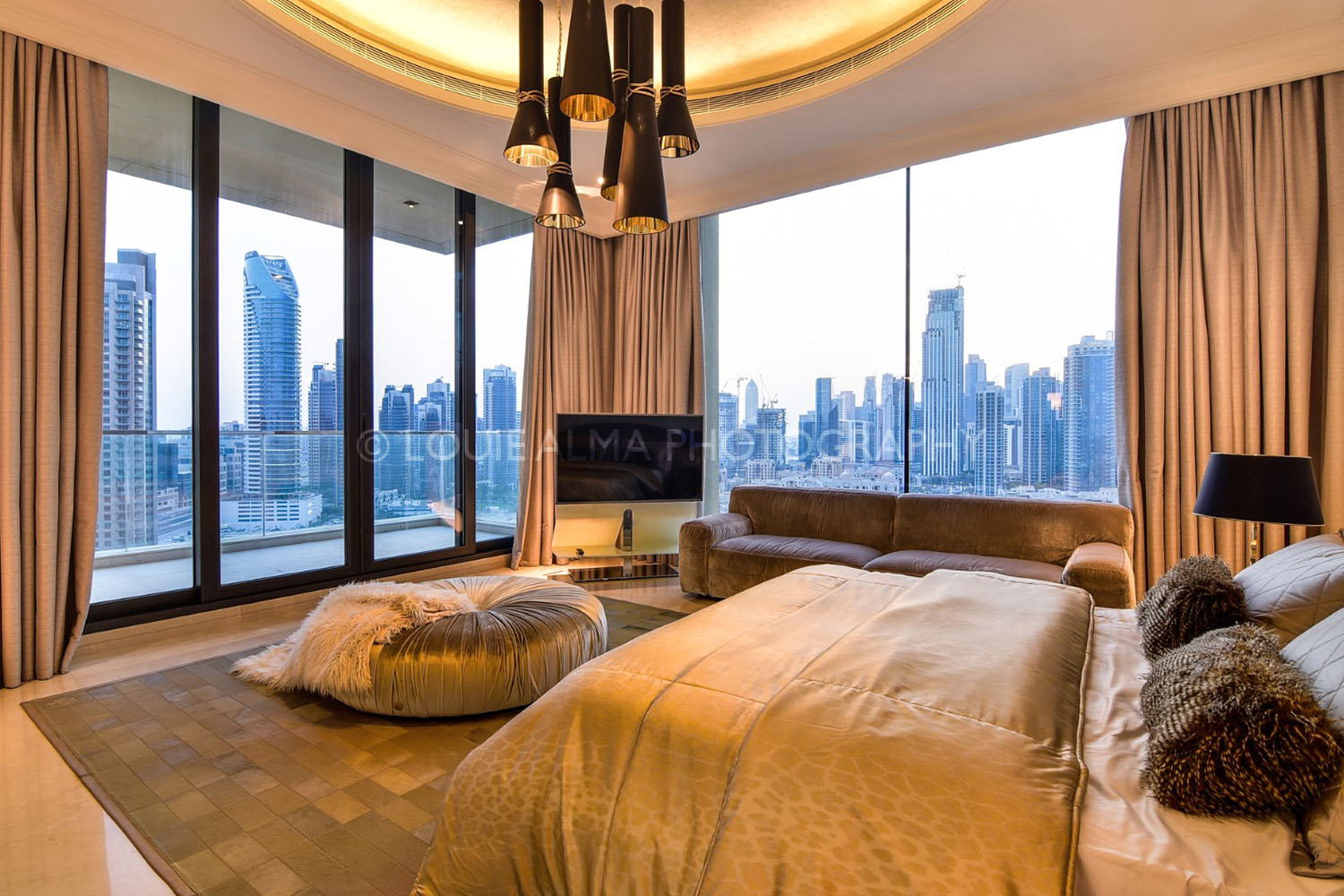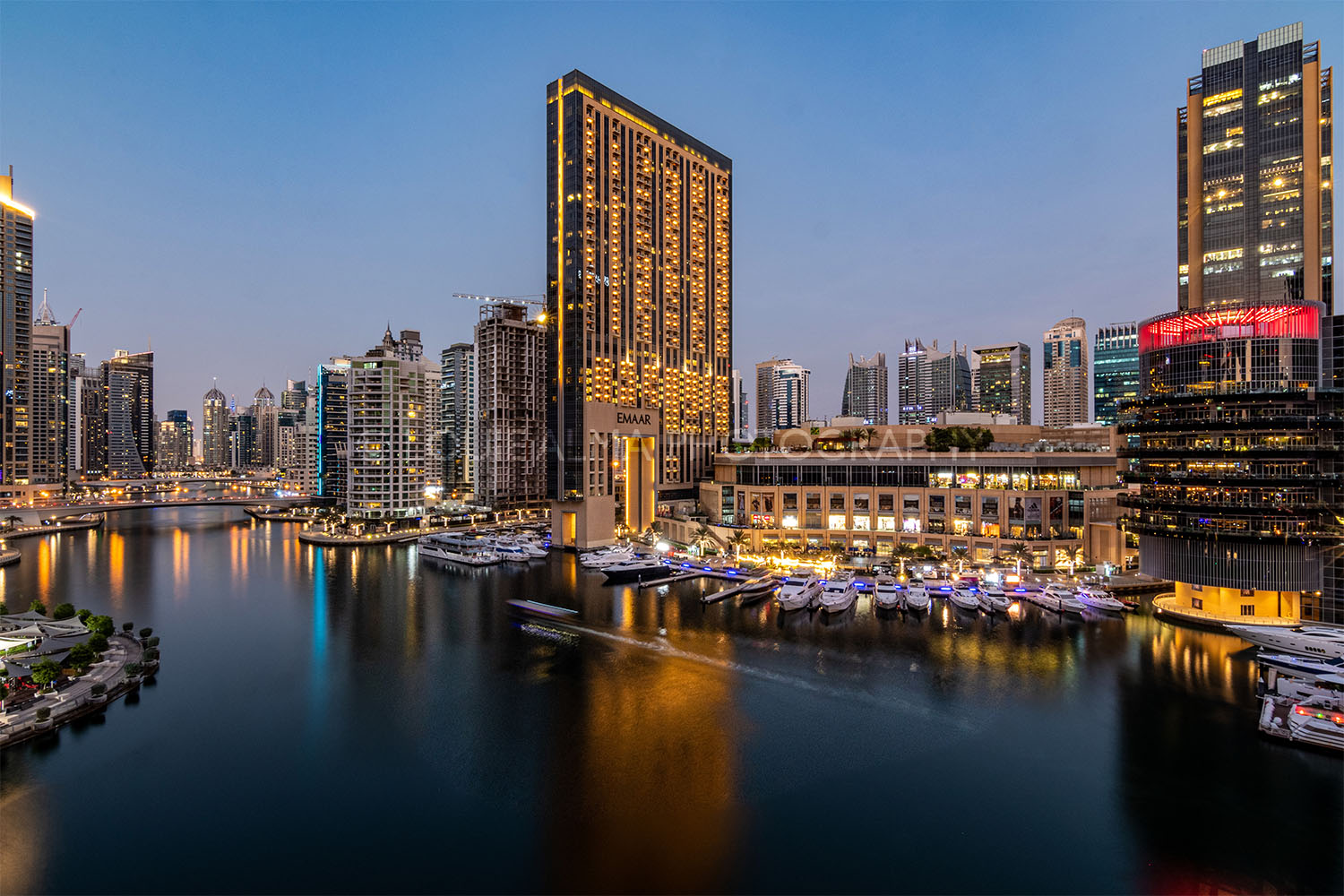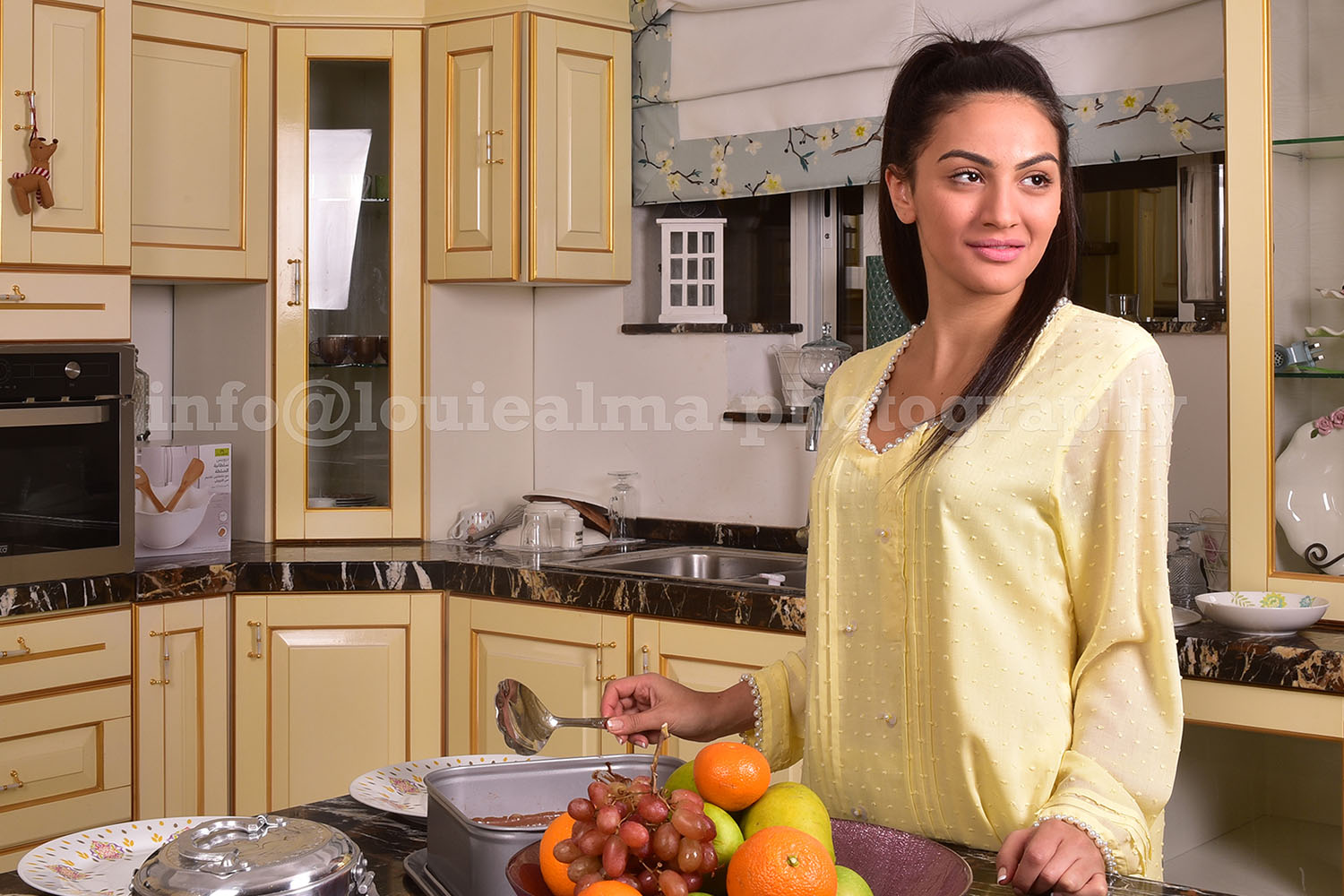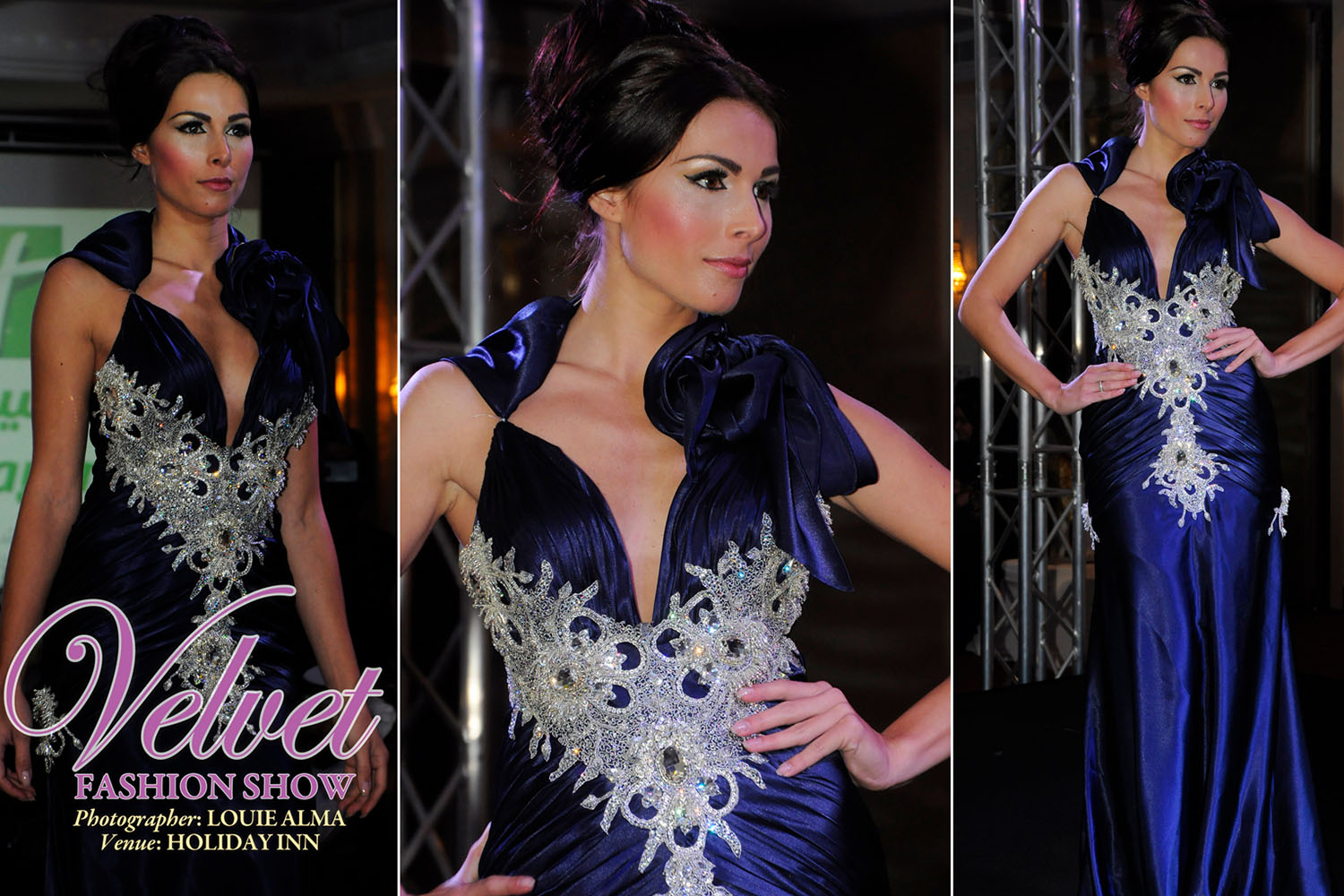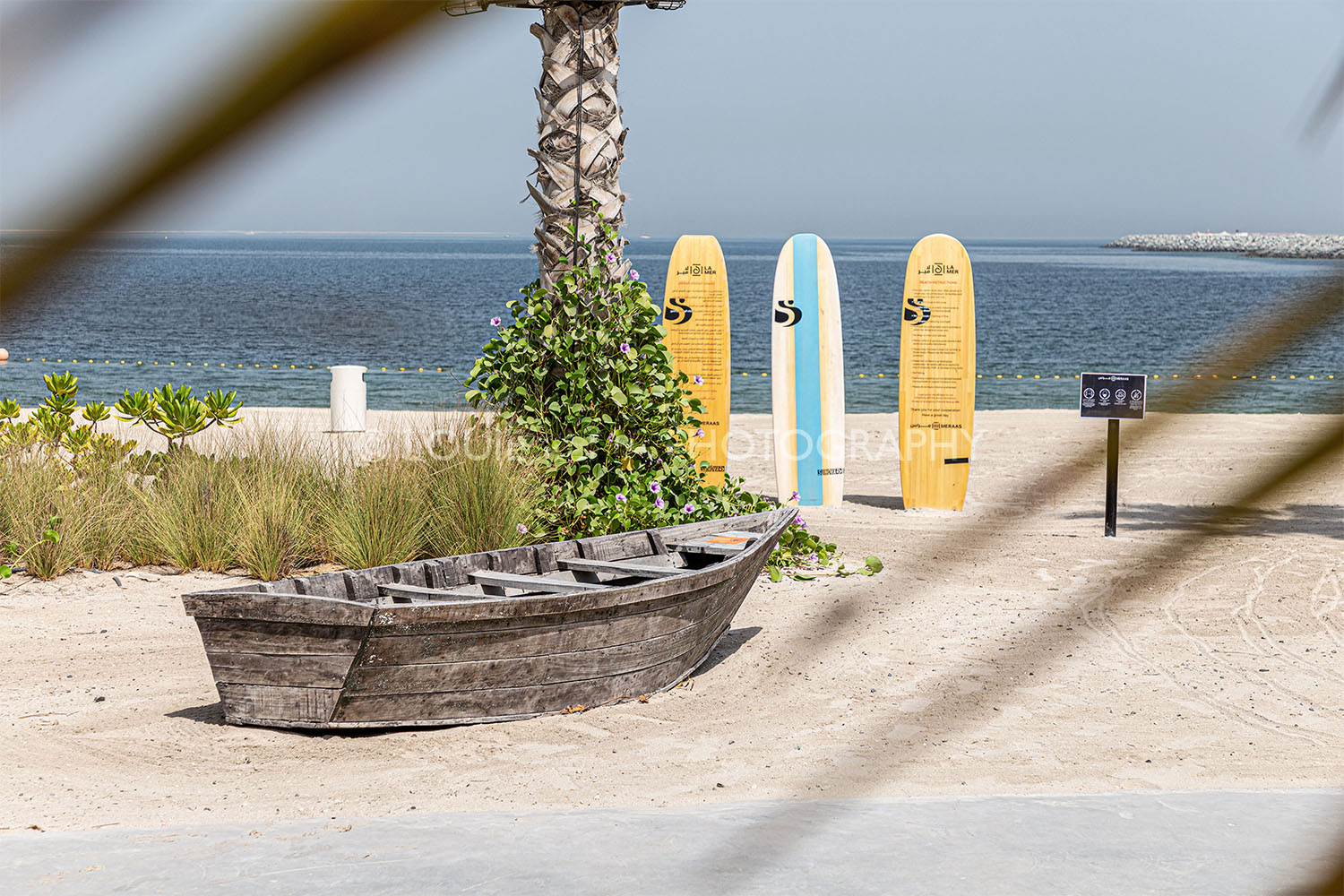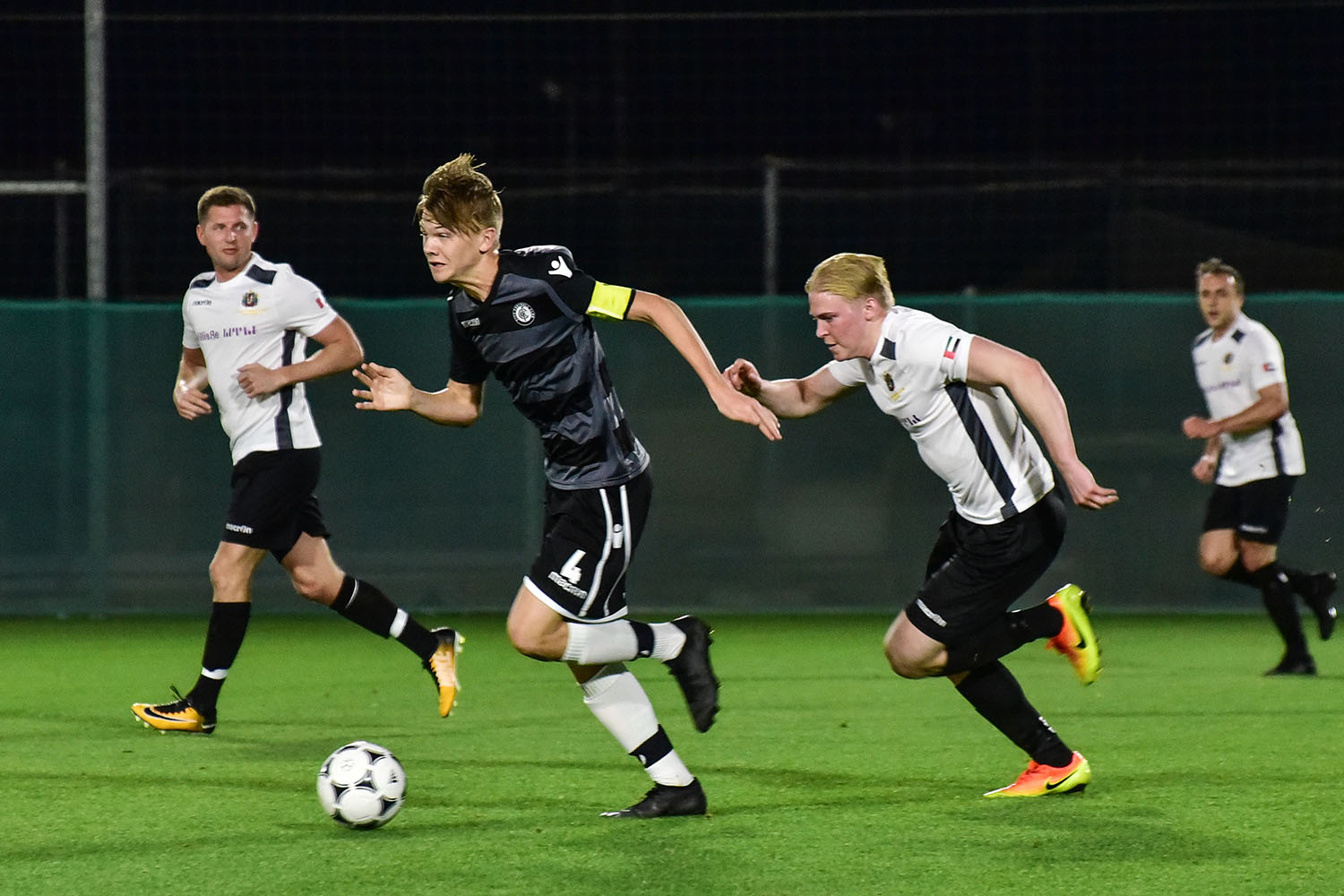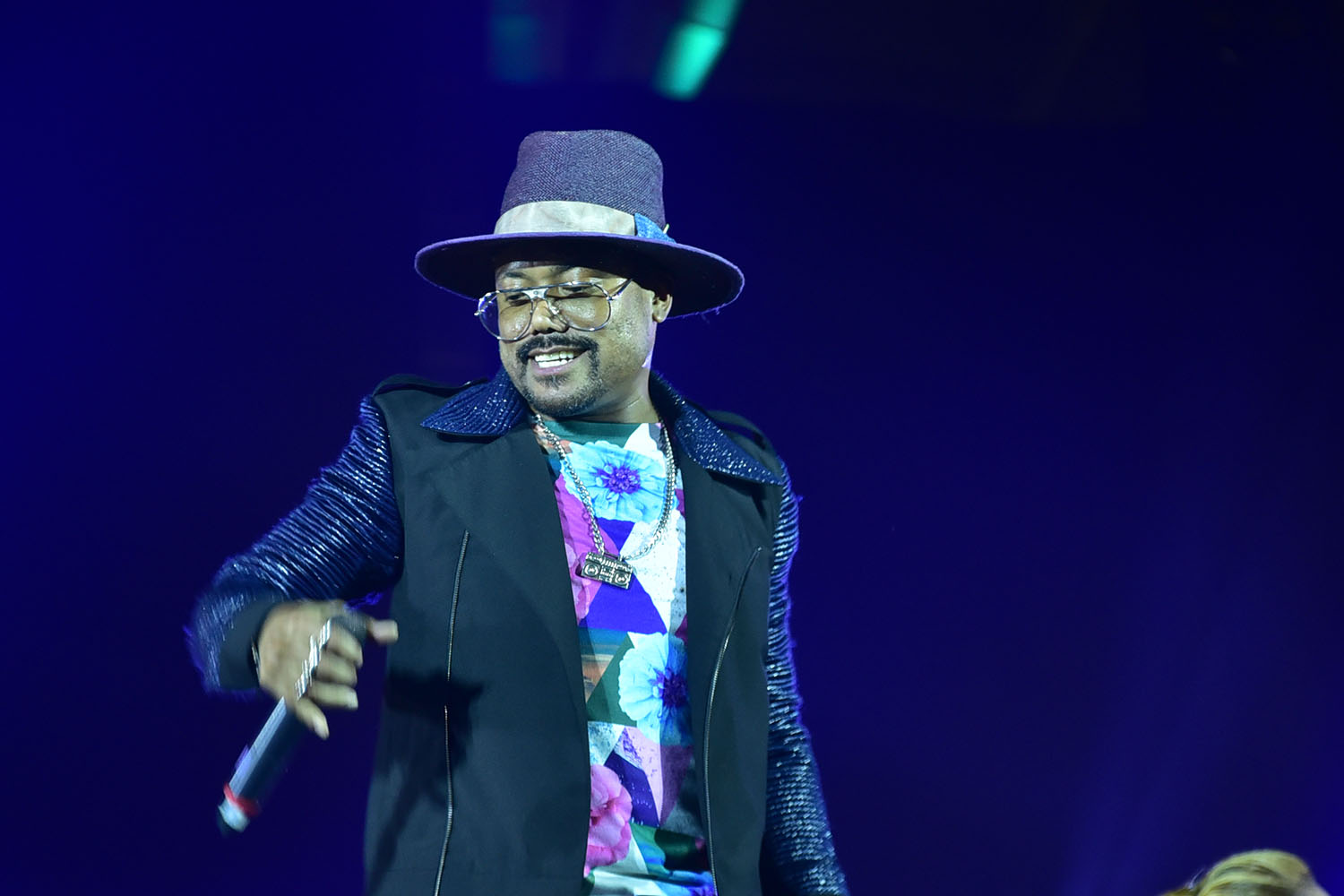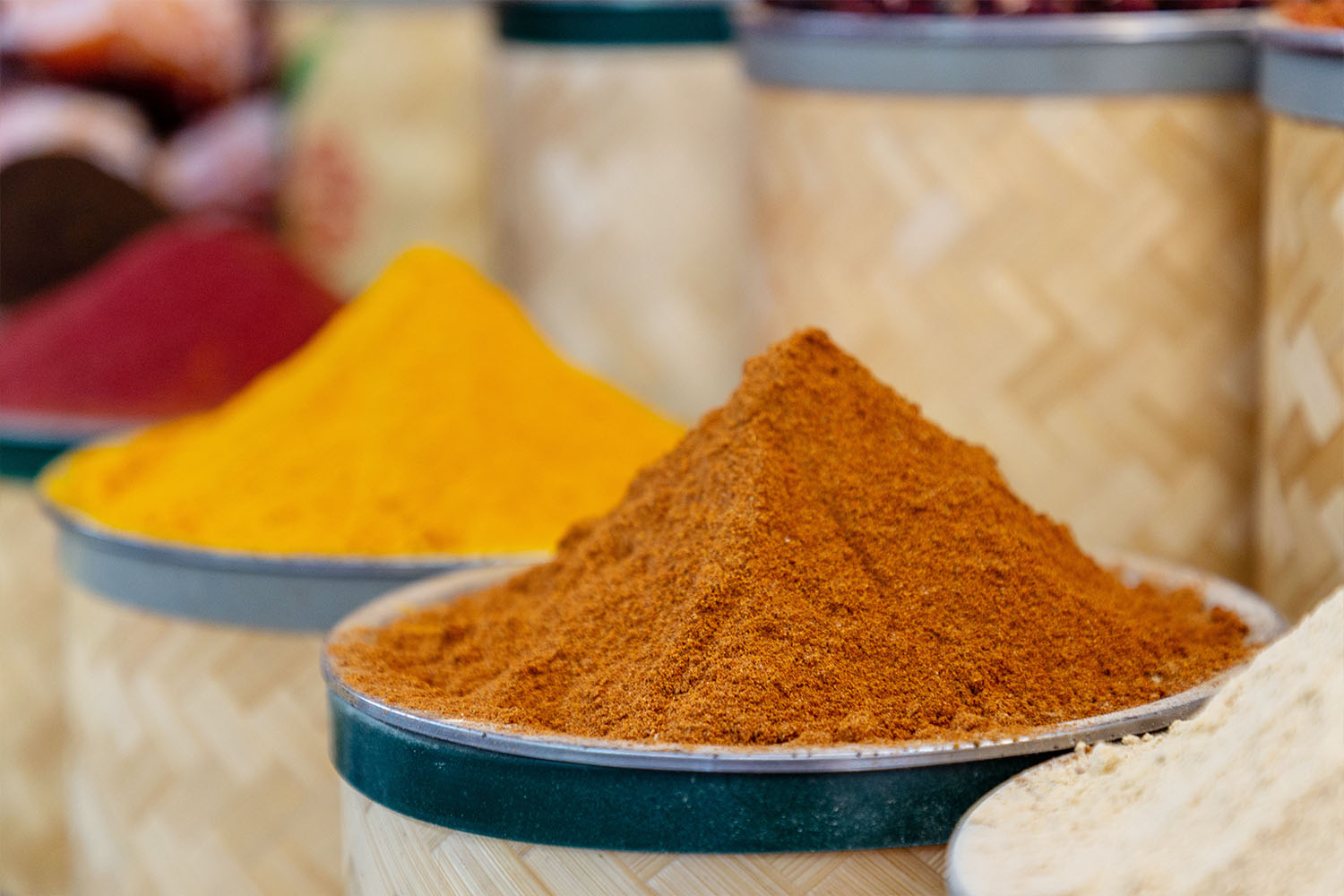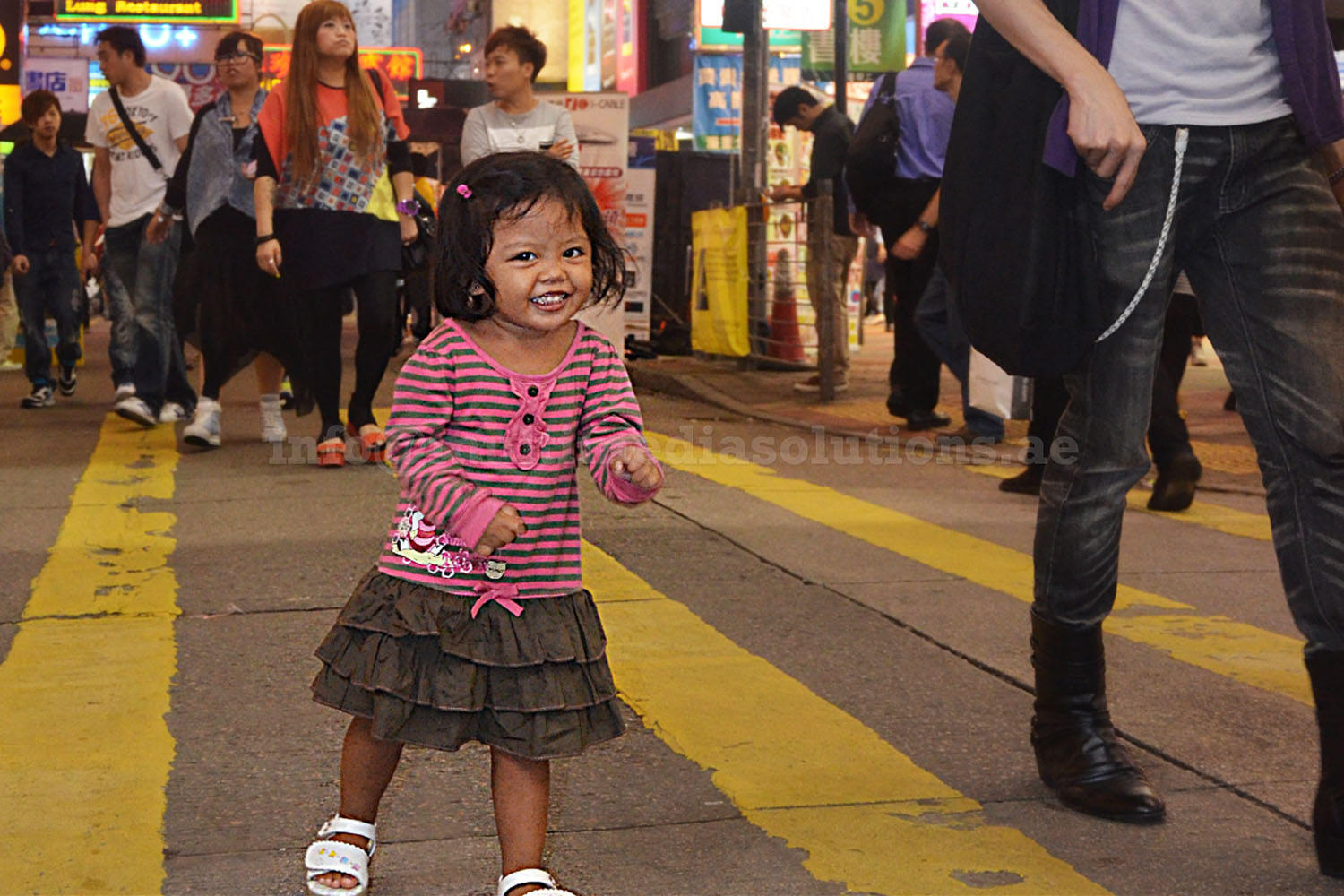Natural Light BOUDOIR Photos with 3 Sensuous Looks (VIDEO)
It’s been a while since we featured a boudoir photography tutorial and this 10-minute lesson takes a different approach than the high-contrast b&w techniques we’ve shared in the past. Today you’ll learn how to shoot alluring color indoor portraits with available light.
Instructor Brent McCoy specializes in riské imagery without expensive studio equipment, and all you need for this effective technique is a willing model and a room in your home with windows that provide soft, flattering light.
McCoy illustrates his available light methods by shooting three different looks of a beautiful model with simple equipment—all of which rely upon wide aperture settings to capture as much light as possible, with shallow depth of field to accentuate his subject and separate her from the background.

In the first scenario McCoy poses his subject sitting atop the back of a couch and encourages her to position her body “nice and tall” while moving in close to get tighter and tighter shots. He tells the model how to position her legs and asks her to turn her face in the direction of light streaming through a large window on the left side of the frame.
For look #2 McCoy has the model stand directly in front of the window and slowly move toward his camera position while striking several provocative poses and he clicks away. Then McCoy changes his vantage point to her side and captures some very nice close up profile shots with a completely different appearance
The final setup in the session occurs in the bedroom where there’s another large widow that illuminates the scene with indirect light while he experiments with several poses on the bed. As McCoy directs the model you’ll see why he asks her to slightly exaggerate each pose—some of which are standing while others are sitting or reclining.

You also learn how simple encouragement and compliments make a model more relaxed as she becomes increasingly confident as the shoot progresses. There’s much more to learn about getting started in Boudoir photography with simple equipment on McCoy’s instructional YouTube channel.
And if you want images that are as pristine as possible be sure to watch the tutorial we featured recently with another pro who demonstrates a safe way to clean a camera’s sensor so that your photographs are free from dust spots and other unsightly artifacts.



